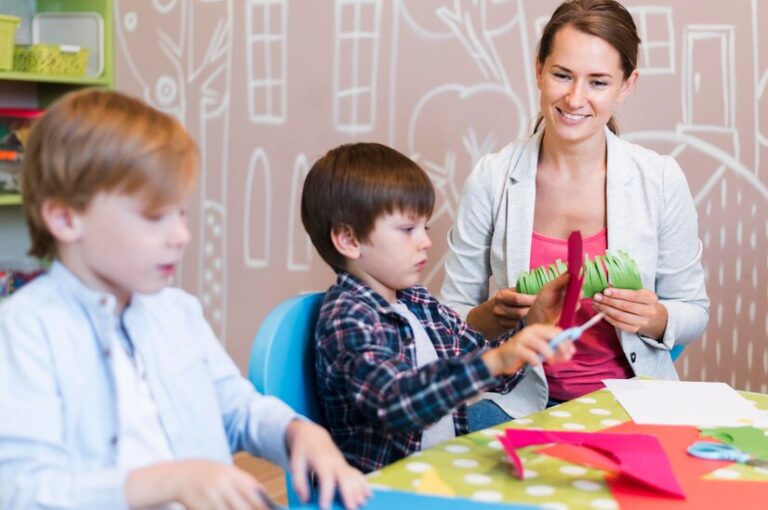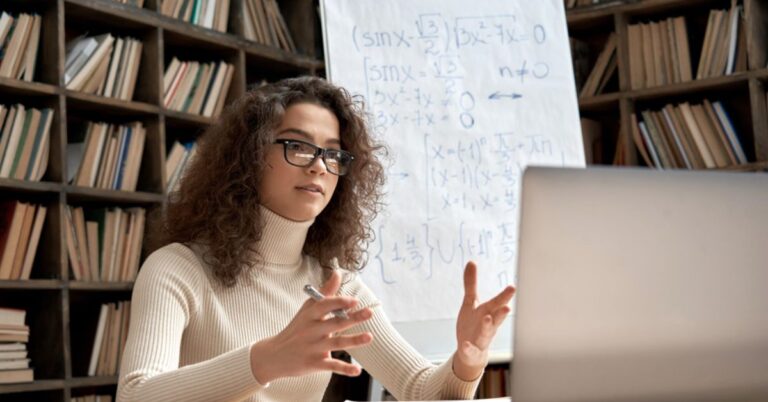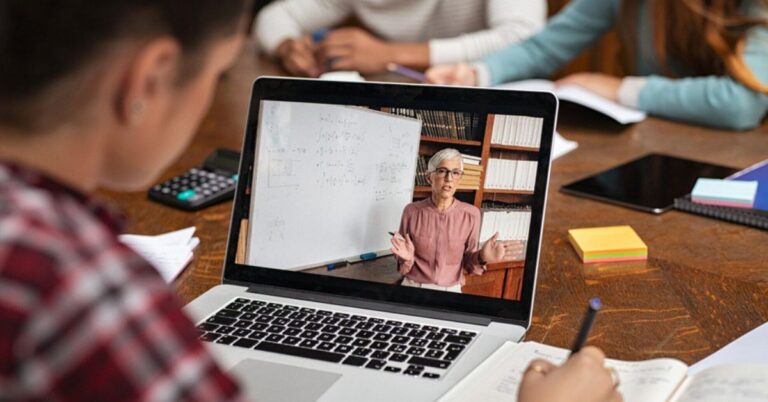Preparing Your Child for School Success: A Comprehensive Guide
Preschool: The First Step Toward Building Social and Academic Skills
The early years of a child’s education play a pivotal role in setting the foundation for future academic and social success. Whether it’s the first steps into daycare or the kindergarten readiness milestone, these formative years are essential for nurturing a child’s cognitive, social, and emotional development. Among these stages, preschool is crucial, providing children with a structured yet exploratory environment that helps them develop essential skills to thrive in school and beyond. Here’s a look at how each stage of early childhood education—from daycare through kindergarten—can prepare your child for long-term success, with a focus on the importance of preschool.
Daycare: Building Trust and Basic Social Skills
Daycare is often a child’s first experience outside the home, introducing them to a group environment and new routines. Here, children learn foundational social skills, such as taking turns, sharing toys, and following simple instructions. Daycare also provides a safe space for young children to form trusting relationships with caregivers, which fosters emotional security and confidence.
This stage isn’t just about care and supervision; quality daycare centers offer structured activities that engage children’s curiosity and encourage problem-solving skills. They also provide a routine, teaching children the basics of time management and reinforcing the concept of structure, which will be essential as they progress to preschool.
Preschool: Developing Essential Social, Emotional, and Cognitive Skills
Preschool is often the first significant step into formal education. For many children, it represents a transition from unstructured play in daycare to a more structured learning environment, where they start engaging in activities that promote language, math, motor, and social skills. Research indicates that children who attend a 5-star preschool program tend to showcase enhanced cognitive abilities and greater social readiness by the time they reach kindergarten. Such programs offer nurturing environments where children can safely explore and learn. The tailored developmental activities challenge their minds and introduce them to concepts in a manageable way, building confidence and independence. Here’s how preschool helps build a solid foundation for future learning:
- Social Skills: Preschool provides an ideal environment for children to develop critical social skills. Children learn to communicate, collaborate, and resolve peer conflicts through group activities, storytelling, and interactive play. They also develop empathy and learn to read social cues, which are essential for successful interactions in and outside the classroom.
- Emotional Skills: Preschool helps children develop resilience, patience, and emotional regulation. Children learn to manage frustration and develop coping mechanisms through activities requiring cooperation and turn-taking. Learning to navigate various emotions in a supportive environment allows them to handle challenges more effectively as they progress through school.
- Cognitive Skills: Children are introduced to foundational academic concepts in preschool through play-based learning. Activities like counting, identifying shapes and colors, and recognizing letters and sounds lay the groundwork for literacy and numeracy skills. This early exposure to structured learning builds cognitive abilities, making the transition to kindergarten smoother and helping children feel prepared.
- Language Development: Conversing with teachers and peers in preschool enhances language skills. Through storytelling, singing, and reading sessions, children expand their vocabulary and comprehension abilities, essential for future reading and writing success.
- Physical Skills: Preschool activities often include fine and gross motor skill development. Through arts and crafts, children improve hand-eye coordination and fine motor skills. At the same time, outdoor play strengthens their gross motor abilities. These physical skills will later support tasks like writing and staying physically active, contributing to overall well-being.
Pre-Kindergarten: Reinforcing School Readiness
As children move from preschool to pre-kindergarten, they experience a step-up in structured learning, focusing even more on kindergarten readiness. Pre-kindergarten programs often have a curriculum designed to prepare children academically, emotionally, and socially for the school years ahead. During this stage, children practice more advanced literacy and math skills, such as letter recognition, basic phonics, simple math concepts, and basic problem-solving.
In pre-kindergarten, children follow a daily routine similar to a school day. They learn to transition between activities, focus for longer periods, and manage tasks independently. These experiences make children feel more comfortable and confident as they prepare for the more rigorous structure of kindergarten.
Kindergarten Readiness: The Final Preparation
Kindergarten readiness is the culmination of skills and knowledge acquired in previous early childhood education stages. In this phase, children should feel comfortable interacting with peers and following instructions, making the shift to kindergarten smoother and less intimidating. Essential skills for kindergarten include:
- Basic literacy and numeracy skills
- Ability to follow a schedule and complete simple tasks independently
- Emotional resilience and problem-solving abilities
- Comfort in social interactions and understanding of classroom expectations
Supporting a child through these developmental stages enables them to approach kindergarten with a strong foundation in academics and social skills, setting them up for continued success.
Tips for Supporting Your Child’s School Success
- Encourage Curiosity: Provide opportunities for your child to explore new topics and ideas through books, activities, and discussions. Curiosity is a powerful motivator for learning.
- Read Together: Reading with your child enhances language skills and fosters a love for learning. Discuss stories, ask questions, and let your child share their thoughts.
- Practice Independence: Give your child simple responsibilities like picking up toys or setting the table. These tasks encourage independence and confidence.
- Promote a Growth Mindset: Teach your child that mistakes are a part of learning and celebrate their effort rather than just results. This mindset will support them in overcoming challenges.
In Summary
Each early childhood education stage plays a distinct role in preparing children for school and lifelong success. Daycare introduces social interactions, preschool builds fundamental cognitive and emotional skills, pre-kindergarten reinforces school readiness, and kindergarten readiness ensures they’re well-prepared for a formal classroom environment. By nurturing your child’s social, emotional, and academic growth at each stage, you’re helping them build the skills they need to thrive academically and personally in the years to come.







